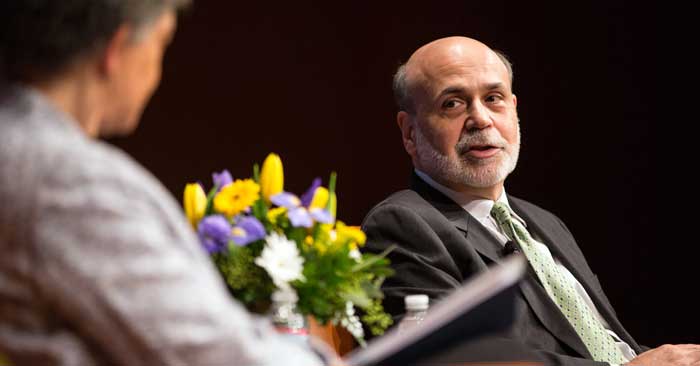Chinese debt-for-equity swap (DES) agreements remain a focus in 2017, following kick-off last year. It will take time before DES schemes really convert bad debt into equity.
Looking back the goal of the government of China is to recover the liability for equity switches and dispersal of Yuan's trillions of money that has been in a toxic loan even before it made the banks of the country choke. There were programs that were outlined in March 25, which is called the swap program by some of the administrators in Beijing and that may reflect the success of the project between 1999-2004. It is by which the bank took the stakes in more than 580 firms in altercation for the cancelation of the four hundred five Billion Yuan comprising of the loans that has been overdue.
Premier Li Keqiang has told the National People's Congress that a new kind of swaps may restrict the leverage ratio as well as the mitigate financial system risks of the company. He even elaborated that the debt interest in government for equity swaps occurred in the 24th of March during the Boao Forum for the Asian conference of the government and business leaders in Hainan. However, there are lots of alterations that occurred in 2004. The banks of the country for instance are altering far more with bad debts than they used to. The banks had estimated roughly 2 Trillion Yuan worth of non-performing loans on the books by the end of February, that rose in around 35% worth of value from the same time in 2015.
Starting in 2004, the banks without any other choices have been dealing with bad loans thus they sell them at a lower rate to the 4 asset management firms or AMCs of the government. That made them look for investors who will be very much willing to carry all the debts and burdens that they have. However, with bad loans up surging in the current years, the AMCs have become unwilling in accepting bad debts. As Li and some other officials of the government have laid their plans and their willingness to support, there was a bank executive that relays to Caixin that he thinks that the debt equity swaps can actually help the banks. Some other bankers as well as economists say that they are reaching the plan with carefulness.
The sources have told Caixin that the March 25 meeting of the government has relayed fundamentals for the fresh programs, even as of the early part of April, a lot of details hasn't been finalized. Some of the officials that were there came from the State Council, People's Bank of China, China Banking Commission, Ministry of Finance to name some. In the middle part of March, the Chairman said that the technical information must be polished even before the new swap programs may be finalized. There is just one probable obstacle involved and that is the rule that bars the banks from holding the stakes in non-financial firms. However, this issue may also be solved through a special arrangement. The ban might also be waived.
In the debt equity swaps project, there has always been an objection and that is while it is bringing ease and comfort to some banks and firms, it brings the state an added payable. This is according to the statement of Wang Xuedong, he is the chairman of the financial company CDB, it is situated in Beijing. The money came from the taxpayers and that made the program work, he insisted. Tis brought arguments to some of the experts over the new swaps program on ideas that it may just shift accordingly in handling the non-performing loans to the banks from the firms. They are also scared of being overseen and that the rules may bring the country its weakest state. The banks must not be used to handling and dealing with the economic downturn, because they will lose if a company will fail. There must be a balance to withstand the crisis and to surpass it. however, the government can also help by imposing the rules to aid the banks in managing their debts.




